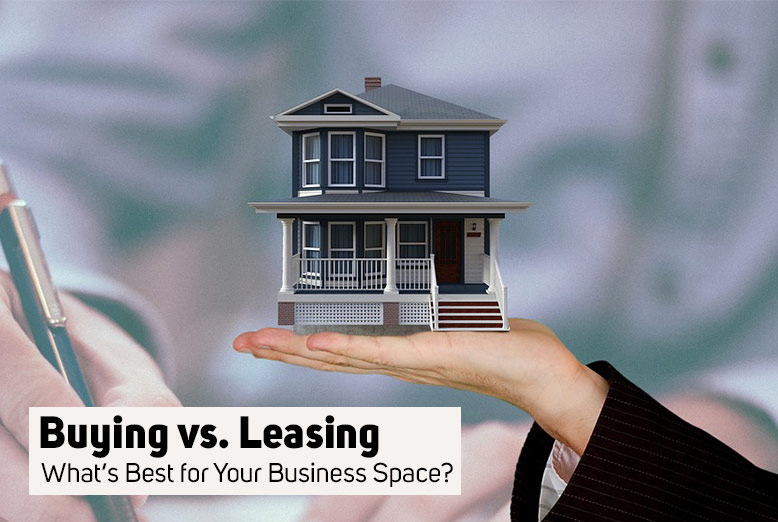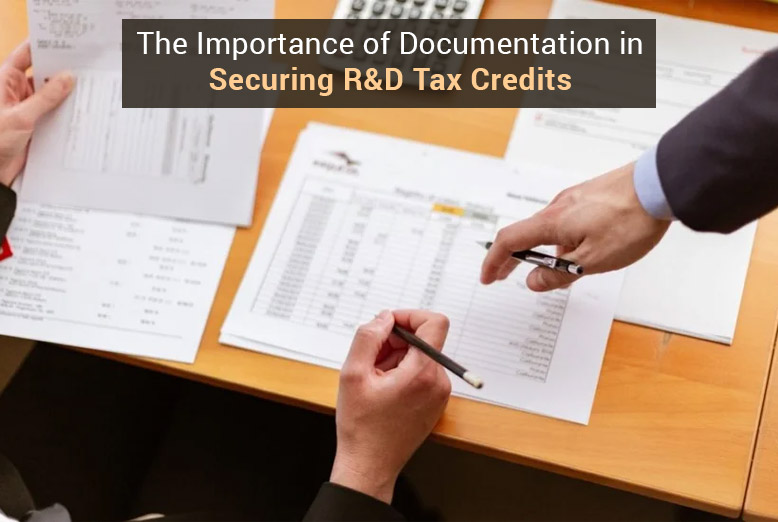Choosing between buying or leasing a business space is a pivotal decision that significantly impacts a business’s financial health, operational flexibility, and long-term strategy. While purchasing a property offers ownership benefits like equity building and customisation freedom, it requires substantial upfront investment and ongoing maintenance costs.
Leasing, meanwhile, provides lower upfront costs and flexibility in terms of location and lease terms. However, it doesn’t offer ownership benefits and can lead to increased costs over time.
Each option offers distinct benefits and challenges, and the best choice depends on business goals, financial situation, and industry requirements.
The Case for Buying
Buying a property for your business is often considered a long-term investment. One of the most beneficial advantages is the opportunity to build equity. Each mortgage payment contributes to ownership, which can become a valuable financial asset.
Over time, the property may also be appreciated, potentially providing a substantial return on investment. This equity could be tapped into through financial resources, offering additional liquidity or funding options for other business or personal financial needs.
Take a reverse mortgage, for example. While reverse mortgages are often commonly linked to residential homes, they can also be used in commercial properties, offering financial flexibility. This can further help your business with various investment opportunities.
Building equity, making investments, and utilising financial tools can undoubtedly be viable options for leveraging your property. However, owning commercial property comes with its own unique set of features and opportunities.
Owning a property gives you greater control over your business space. You can customise it to suit your operational needs without seeking landlord approval. This is particularly beneficial for businesses requiring specialised facilities or extensive renovations. Moreover, owning a property can offer stability, as you are not subject to the uncertainties of lease renewals or rent increases.
However, purchasing a property comes with challenges. The upfront costs include a down payment, closing fees, and potential renovation expenses. Maintenance and repairs are your responsibility as well, which can be costly and time-consuming. Property taxes also add an ongoing financial obligation that can fluctuate over time. Lastly, owning a property ties you to a specific location, which may not be ideal if your business needs to adapt quickly to market changes or expand.
The Appeal of Leasing
Leasing a business space is an attractive option for many businesses due to its flexibility and lower upfront costs. For startups or companies prioritising cash flow, leasing allows them to secure a prime location without the financial burden of a large down payment. This can free up resources for other critical areas, such as hiring, marketing, or product development.
Leasing also allows you to relocate more easily if your business grows or if the location no longer suits your needs. It can be the ideal solution for businesses operating in dynamic markets or industries where flexibility is essential. Many leases include maintenance and repair services, reducing the time and costs associated with property upkeep.
On the downside, leasing does not build equity. Monthly payments go toward the landlord, offering no return on investment or ownership benefits. Rent increases can add financial strain, and tenants have limited control over the property. Furthermore, the lease’s terms and the landlord’s willingness to renew can create uncertainty for long-term operations.
Key Considerations
Several factors should guide your decision between buying and leasing. First, assess your financial position. Buying may provide long-term stability and investment benefits if your business generates steady revenue and you can afford the upfront costs. On the other hand, if conserving cash flow is a priority, leasing offers a more accessible option.
Your business growth plans also play a crucial role. Startups and businesses anticipating rapid expansion benefit from leasing’s flexibility. Established businesses with predictable growth may find the stability of ownership more appealing.
Additionally, consider your industry’s specific needs. Businesses requiring highly customised spaces, such as manufacturing facilities or medical offices, may find ownership more practical. In contrast, retail businesses or offices often find leasing sufficient, particularly in premium locations where buying might be prohibitively expensive.
Local market conditions are another critical factor. Buying can be a smart financial move in areas with appreciating property values and low interest rates. Conversely, leasing might be a safer option in volatile or high-cost markets.
Long-Term Implications
The decision between buying and leasing also has long-term implications for your business’s finances and operations.
Buying offers stability and predictability. Fixed mortgage payments make budgeting easier, and ownership provides a sense of permanence that can positively impact customer and employee perception.
Leasing, while lacking the financial benefits of equity, allows businesses to remain agile. In industries where trends and consumer preferences shift quickly, the ability to relocate or scale operations without being tied to a specific property can be invaluable.
Tax implications also differ between the two options. Property ownership comes with deductions for mortgage interest, property taxes, and depreciation, which can significantly reduce taxable income. While not offering equity, leasing allows you to deduct lease payments as a business expense, providing immediate tax benefits.
Seek Professional Help
Consulting with financial advisors and real estate professionals can offer invaluable guidance tailored to your specific circumstances. These experts can help you thoroughly evaluate your business’s current needs, assess potential growth, and analyse market conditions in your area.
Financial advisors can provide insight into budgeting, tax implications, and financing options, ensuring you make decisions that align with your financial capabilities and goals. Meanwhile, real estate professionals can guide you in understanding property values, leasing terms, and location dynamics that may impact your operations.
Together, they can help you weigh the benefits and drawbacks of buying versus leasing, as well as other strategic property decisions. Ultimately, the right choice should align with your long-term vision, meet your operational needs, and create a solid foundation for your business’s sustained success.
Final Words
Choosing between buying or leasing business space is a decision that requires careful consideration of your unique circumstances. Both options come with distinct advantages and challenges, and the best choice will depend on various factors.
Your financial resources play a significant role, as buying typically involves higher upfront costs, while leasing may require less initial investment. Ultimately, your long-term business goals, including plans for growth, stability, or flexibility, will help determine which option is most suitable.
Also Read: Innovative Design Solutions for Industrial and Commercial Spaces




















